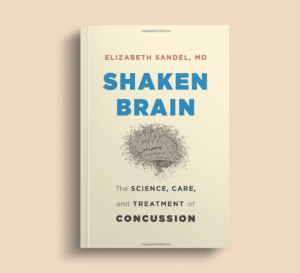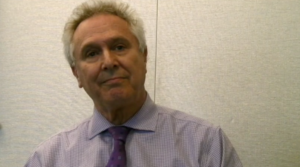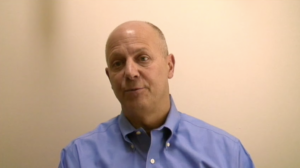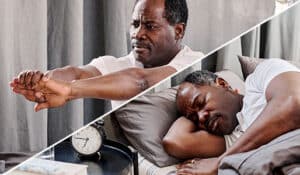Rest Assured: Quality Sleep Supports Recovery From Brain Injury
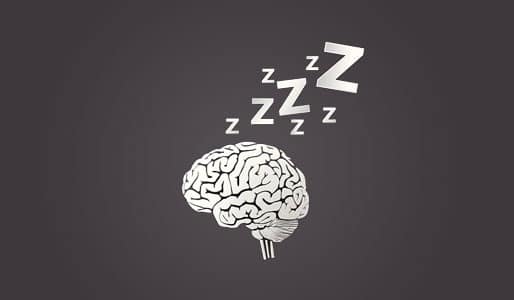
Sleep disturbances are common after brain injury and require comprehensive evaluation and management. Other sleep disorders such as difficulty falling asleep, staying asleep, and excessive daytime sleepiness are common. Some patients with brain injuries develop sleep apnea, and screening for this disorder is important because of the risk of hypoxia and strokes that lead to additional brain injury.
You Might Also Like
The Post-Concussion Syndrome
Physiatrist Dr. Mel Glenn discusses the evaluation of the many symptoms that are part of a chronic condition called post-concussion syndrome or disorder that occurs in some patients after a concussion. He offers advice on the treatment of headaches, sleep disturbances, and other conditions.
Managing Concussion-Related Pain
Dr. Steven Moskowitz is a physiatrist specializing in pain management. He discusses the various painful conditions, including neck pain and headaches, that occur at high frequency after concussion and related trauma. He advocates for a biopsychosocial approach to the evaluation and treatment of these conditions.
3 Things to Do to Allow Your Brain to Recover More Quickly After Brain Injury
After a concussion, people need good sleep patterns, and they also need to resume activity and exercise to aid recovery. Activities with concussion risk should be avoided, however.
Keep up to date
Get updates on the latest in concussion, brain health, and science-related tools from Dr. Elizabeth Sandel, M.D.
By clicking SIGN UP, you agree to receive emails from Dr. Sandel and agree to our terms of use and privacy policy.
Get the book!
